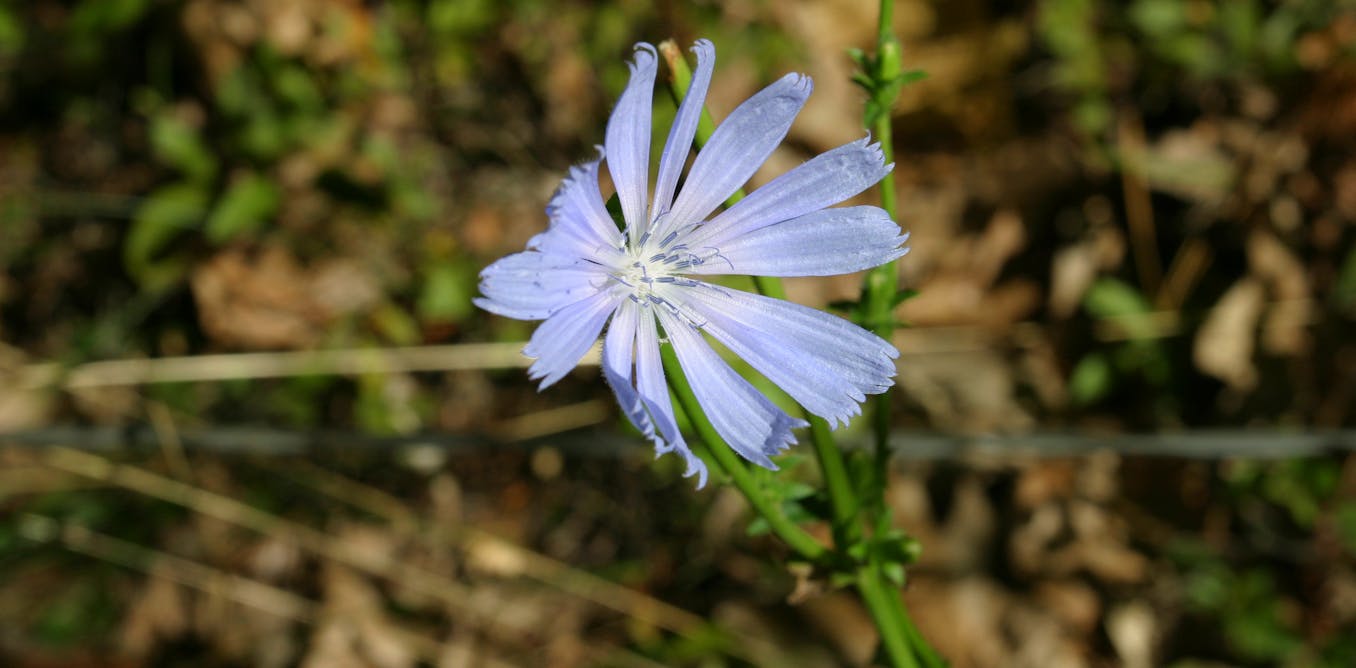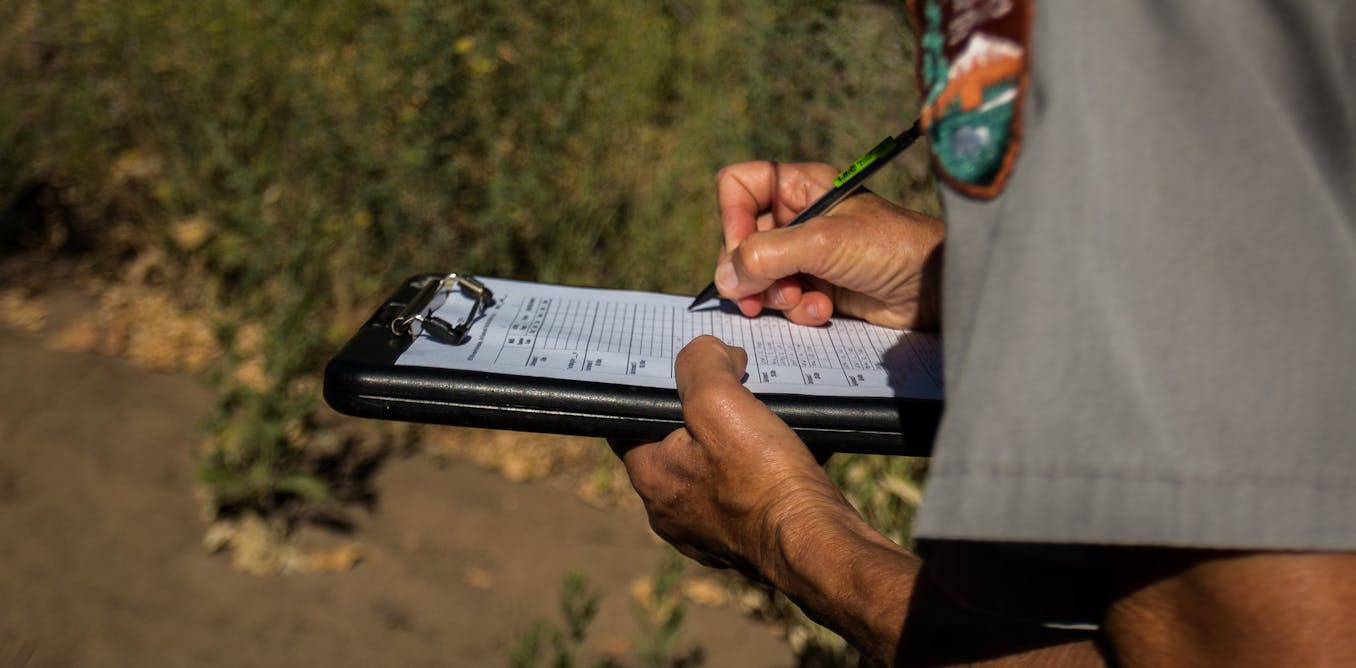By fact-checking Thoreau's observations at Walden Pond, we showed how old diaries and specimens can inform modern research
Journals, museum collections and other historical sources can provide valuable data for modern ecological studies. But just because a source is old doesn’t make it useful.
Richard B. Primack, Professor of Biology, Boston University •
conversation
Oct. 26, 2022 • ~10 min
Oct. 26, 2022 • ~10 min




